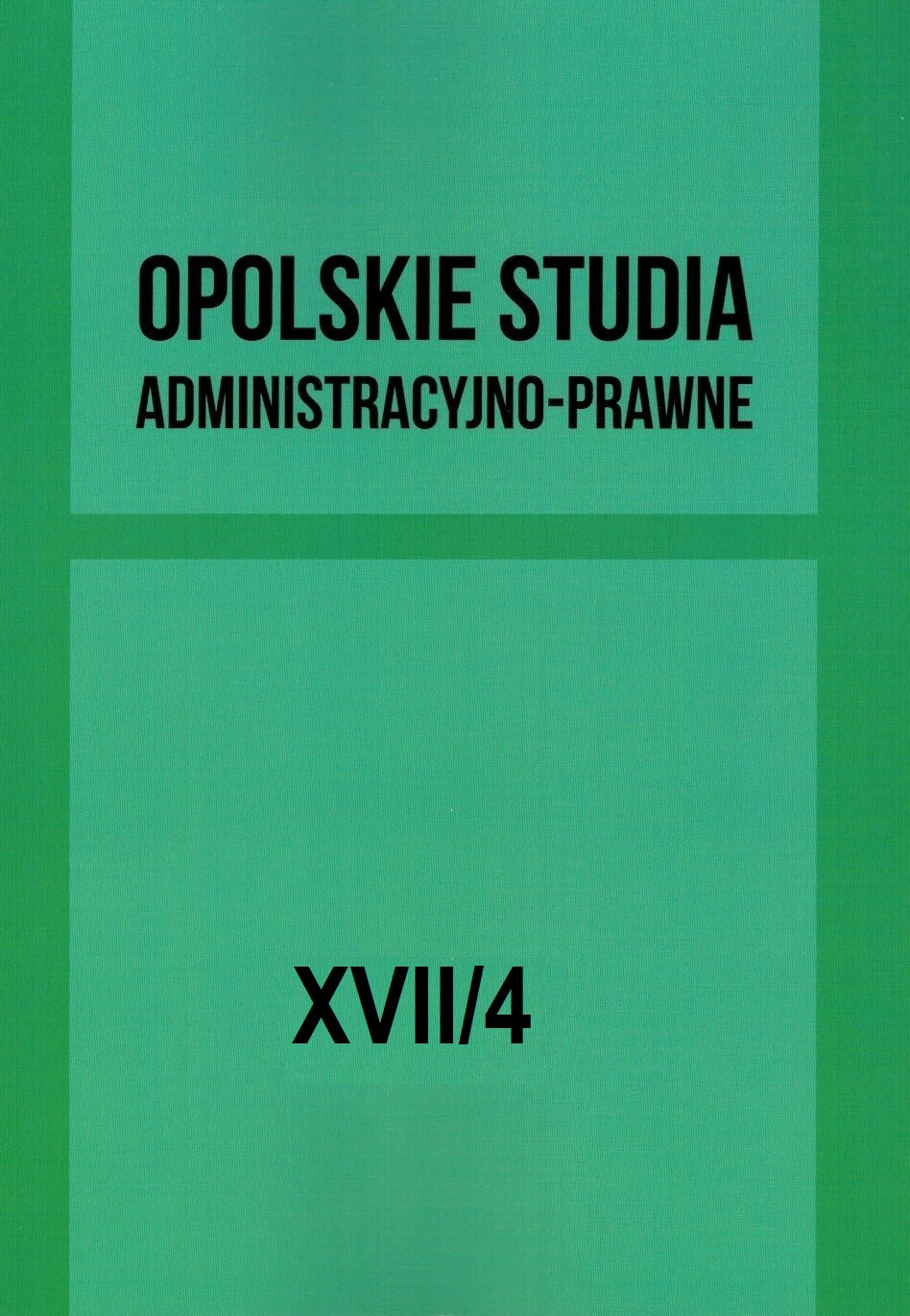Arbitration clause for an arbitral tribunal in Poland based on Art. 33 CMR Convention
Stosowanie klauzuli arbitrażowej przez sądy arbitrażowe w Polsce na podstawie art. 33 Konwencji CMR
Author(s): Rafał AdamusSubject(s): Civil Law
Published by: Uniwersytet Opolski
Keywords: international carriage of goods by road; CMR convention; Arbitral Tribunal
Summary/Abstract: In matters that are subject to the CMR Convention, under the rule of Art. 33 of this Convention, the arbitration court is obliged, first, to apply the CMR Convention and it is not permissible to apply, in place of the scope of the CMR Convention, another legal order or extra-legal principles. Secondly, as far as it results from the CMR Convention, the arbitration court should apply the applicable national law. Thirdly, the arbitration court settles the dispute according to the law applicable to a given relationship, and when the parties have expressly authorized it – in compliance with general principles of law or principles of equity. Fourthly, the arbitral tribunal takes into consideration the provisions of the contract and the established habits applicable to the given legal relationship. The arbitration agreement regarding the dispute subject to the CMR Convention will therefore be of a complex nature due to the requirement of Art. 33 of the CMR Convention as to the indication that a uniform law applies in arbitration proceedings – the subject of inter-city agreement. The parties should indicate the following in the content of the arbitration clause: 1) obligatory CMR convention, as required by Art. 33 CMR Convention 2) optional national law to which the CMR Convention refers, and in the absence of such an indication, the arbitration court will apply the law applicable to a given legal relationship, and possibly another national law to which the CMR Convention does not refer, although such a solution would be a source of many complications or general legal principles or rules of equity. For practical reasons, it is worth taking into account other issues, such as the language of the proceedings, in the arbitration clause. Streszczenie: W sprawach objętych zakresem regulacji konwencji CMR, na podstawie art. 33 tej konwencji sąd arbitrażowy jest obowiązany, po pierwsze, zastosować konwencję CMR i niedopuszczalne jest wyłączenie konwencji CMR dla stosowania w jej miejsce innego porządku prawnego lub zasad pozaprawnych. Po drugie, o ile wynika to z konwencji CMR, sąd arbitrażowy powinien stosować właściwe prawo krajowe. Po trzecie, sąd arbitrażowy rozstrzyga spór zgodnie z prawem właściwym dla danego stosunku, a gdy strony wyraźnie na to zezwolą – zgodnie z ogólnymi zasadami prawa lub zasadami słuszności. Po czwarte, sąd arbitrażowy bierze pod uwagę postanowienia umowy i ustalone praktyki mające zastosowanie do danego stosunku prawnego. Umowa (klauzula) arbitrażowa dotycząca sporu objętego konwencją CMR będzie zatem miała złożony charakter ze względu na wymóg określony w art. 33 Konwencji CMR. Strony powinny wskazać w treści zapisu na sąd polubowny obowiązkowo konwencję CMR, zgodnie z wymogami art. 33 Konwencji CMR i fakultatywne prawo krajowe. Przy braku takiego wskazania sąd arbitrażowy zastosuje prawo właściwe dla danego stosunku prawnego i ewentualnie inne prawo krajowe, do którego konwencja CMR nie odnosi się, chociaż takie rozwiązanie byłoby źródłem wielu komplikacji albo ogólne zasady prawne lub zasady słuszności. Ze względów praktycznych w klauzuli arbitrażowej warto wziąć pod uwagę inne kwestie, takie jak język postępowania.
Journal: Opolskie Studia Administracyjno-Prawne
- Issue Year: XVII/2019
- Issue No: 4
- Page Range: 9-21
- Page Count: 13
- Language: English

